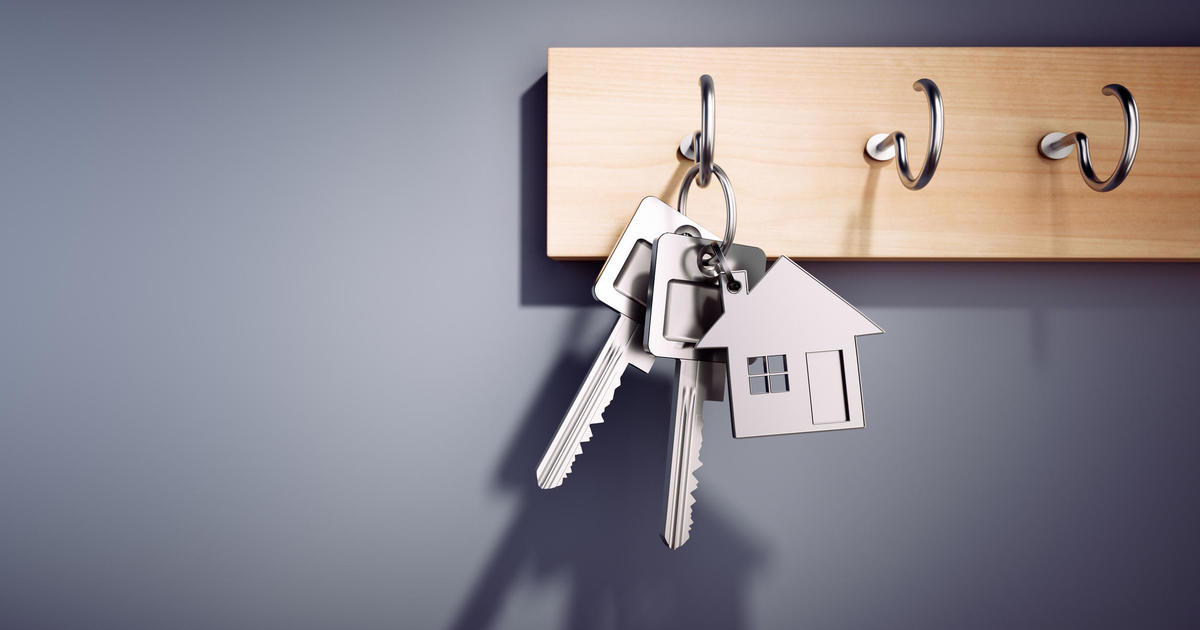5 of the best ways to get a lower home equity loan rate now
If you're a homeowner looking to tap into the equity you've built up in your home, now may be an excellent time to apply for a home equity loan. After all, thanks to issues with low supply and high demand, home prices grew rapidly over the last several years — and have continued to increase in most markets — giving many homeowners a hefty amount of equity to work with.
For example, the average homeowner has just under $200,000 in tappable home equity to borrow from, which can be used for any variety of purposes, from debt consolidation to purchasing a second home. And, when you take out a home equity loan, you won't impact your current mortgage rate — you're simply borrowing money with a second mortgage. That's a great benefit to consider, especially if you secured a 3% mortgage rate (or lower) during the pandemic.
That said, it's still important to try and get the lowest rate possible on your home equity loan. After all, home equity loan rates can vary significantly based on your credit profile, income, home equity levels and the lender's underwriting criteria — so there could be a drastic difference between the rates you're offered with different lenders. Below, we'll detail what you need to know to lock in the best possible rate.
Compare the top home equity loan rates available to you now.
5 of the best ways to get a lower home equity loan rate now
The following tips may help you get a lower home equity loan rate right now:
Check your credit first
Your credit score is one of the main factors used to determine the home equity loan rate you qualify for. While each lender has unique loan approval requirements, borrowers with credit scores above 700 will generally get the lowest home equity loan rates, while those with scores below 620 will see much higher rates — if they can qualify at all.
Before applying, check all three of your credit reports — Experian, Equifax and TransUnion — and dispute any errors that could be dragging your score down. You'll also want to pay down any revolving debt like credit cards to reduce your credit utilization ratio. Taking these and other steps to improve your credit score could save you thousands of dollars over the life of the loan.
Find out your best home equity loan options online today.
Compare quotes from at least three lenders
Home equity lenders set their own rates and underwriting standards, which is why you could see the same borrower being approved at rates that differ — often by over 1% or more — from lender to lender. To ensure you're getting a truly competitive rate, get quotes from at least three different banks, credit unions and online lenders.
And, it's worth noting that online lenders often have more lenient lending requirements and may qualify borrowers that get rejected by bigger banks — and may also offer lower rates to some borrowers. As you gather quotes, though, just be sure to compare the annual percentage rates (APRs), not just the quoted interest rate, to account for any lender fees or other charges that could be rolled in.
Consider a HELOC instead
Depending on your plans for the home equity funds, a home equity line of credit (HELOC) may be a better option than a traditional home equity loan. With a HELOC, you only pay interest on the amount you draw from the line of credit, as opposed to the full lump sum from a home equity loan.
HELOC rates are also variable, meaning that they can go up or down over time depending on the wider rate environment. Opting for this type of home equity borrowing in a normal rate climate could be a gamble, but given today's high rates — and the expectations that rates will decline at some point this year — it could be a good option to consider. After all, if you utilize a HELOC at today's rates and then rates fall in the future, you could end up paying a lot less in interest over time.
Wait for a lower loan-to-value ratio
Many lenders offer their lowest home equity rates to borrowers who are tapping into a small percentage of their home's equity. For example, if your home is worth $400,000 and you want to borrow $100,000, your loan-to-value (LTV) ratio would be a very reasonable 25%. But if you need to borrow $300,000, your LTV ratio is 75%, which could mean a higher rate because there's more risk to the lender.
If your LTV ratio is pushing past the 80% threshold and you want to borrow against your home's equity, consider making a larger payment to reduce it. Or you may just want to wait a few months or a year to apply after your monthly mortgage payments further reduce your loan balance and increase your equity stake.
Ask about discounts
Be sure to also ask your prospective lender about any interest rate discounts they offer on home equity loans. For example, many lenders knock off 0.25% or 0.50% if you set up automatic payments from a bank account. You may also qualify for a rate discount if the lender you're borrowing against your home equity with is the same lender that issued your primary mortgage.
You could also be eligible for a discount if you're a member of certain groups. Current and former military members or first responders commonly get special home equity loan discounts, for instance. And even a small discount can add up to significant savings over the life of the home equity loan.
The bottom line
By taking these steps, you may not only increase your chances of qualifying with multiple lenders, but you could potentially get a lower rate on your home equity loan. And that can make a big difference over time. All it takes is a slightly lower rate — even a fraction of a percent — to save thousands of dollars in interest over the life of your loan, and that can make the effort well worth it when it comes to securing the best possible home equity loan rate.




